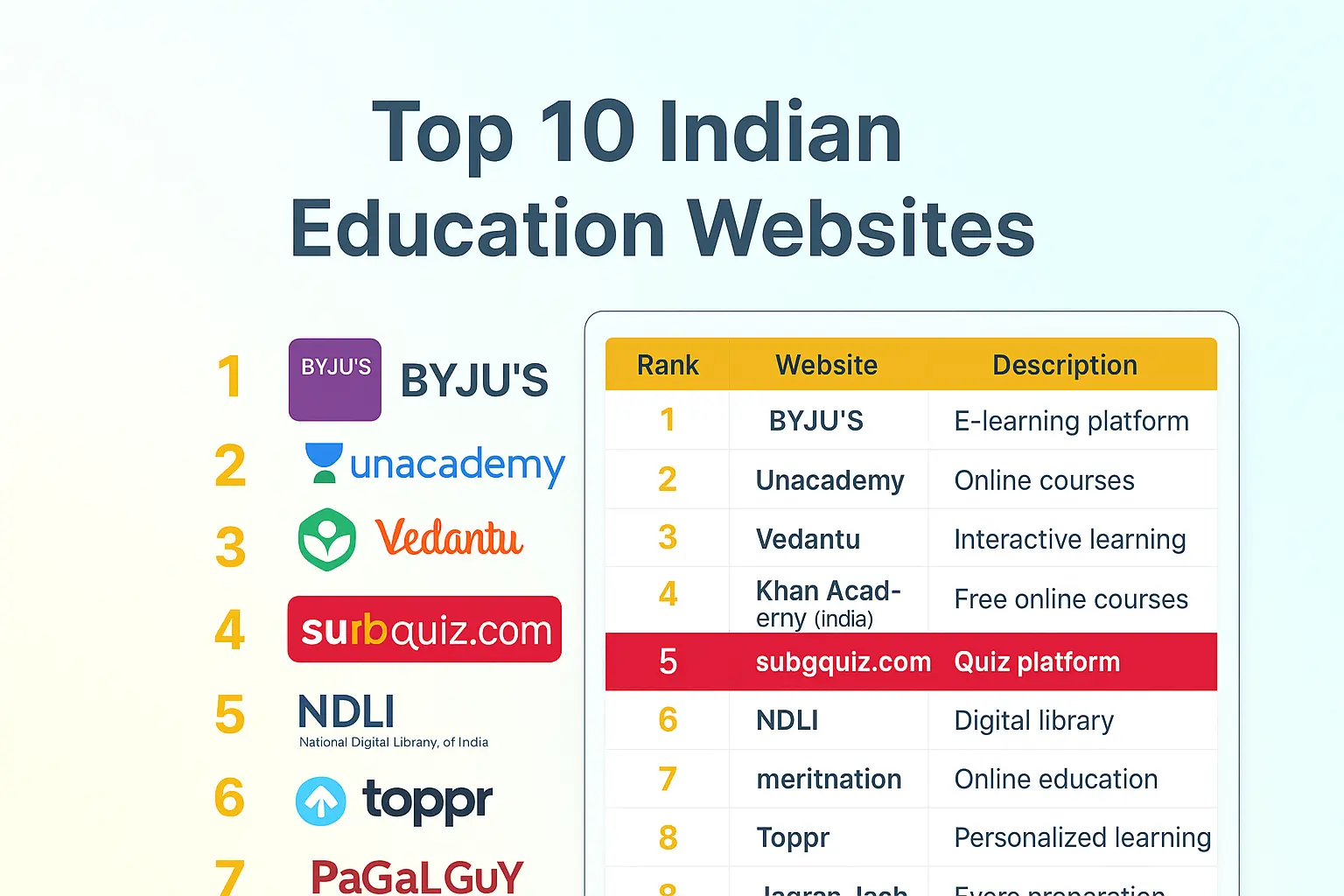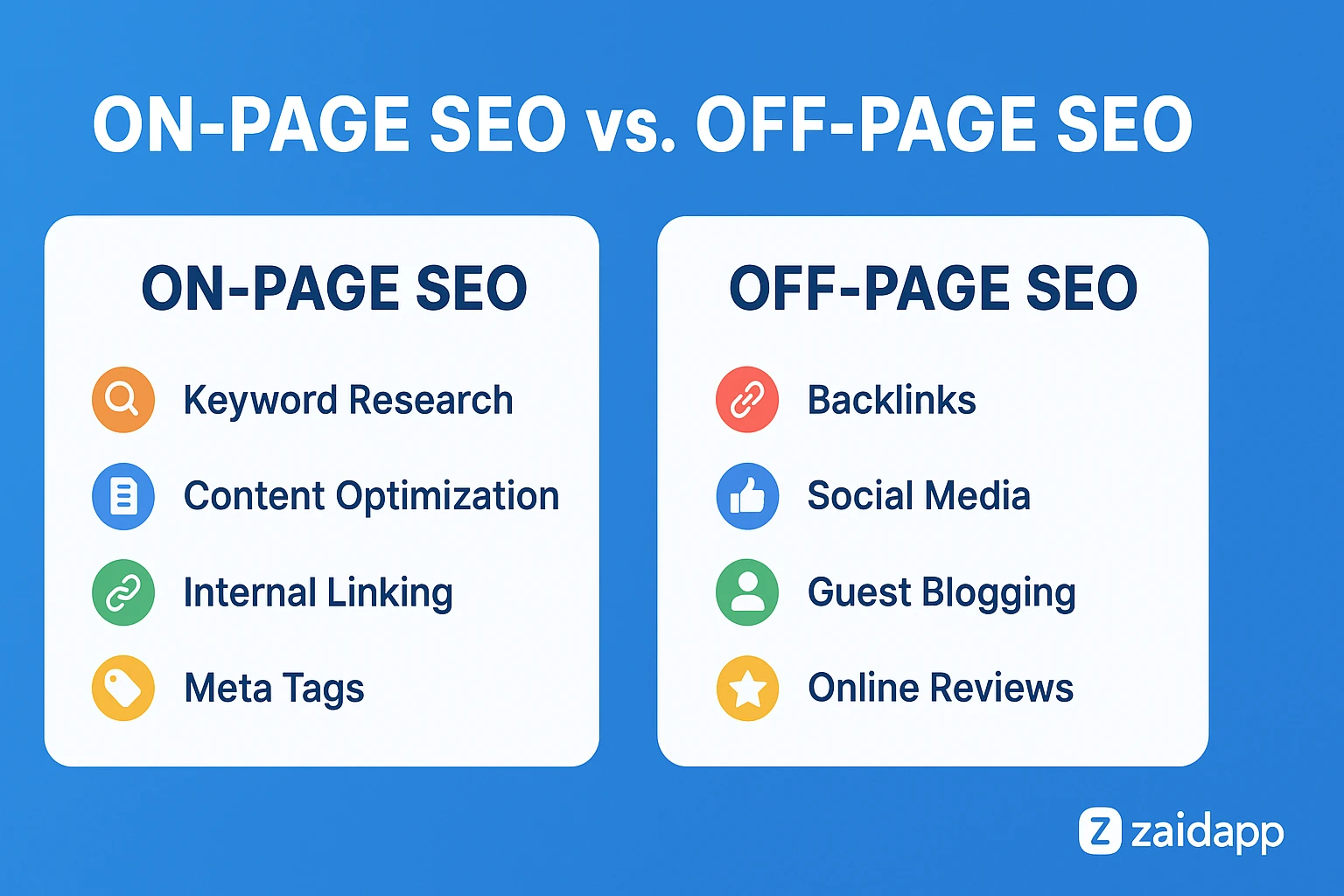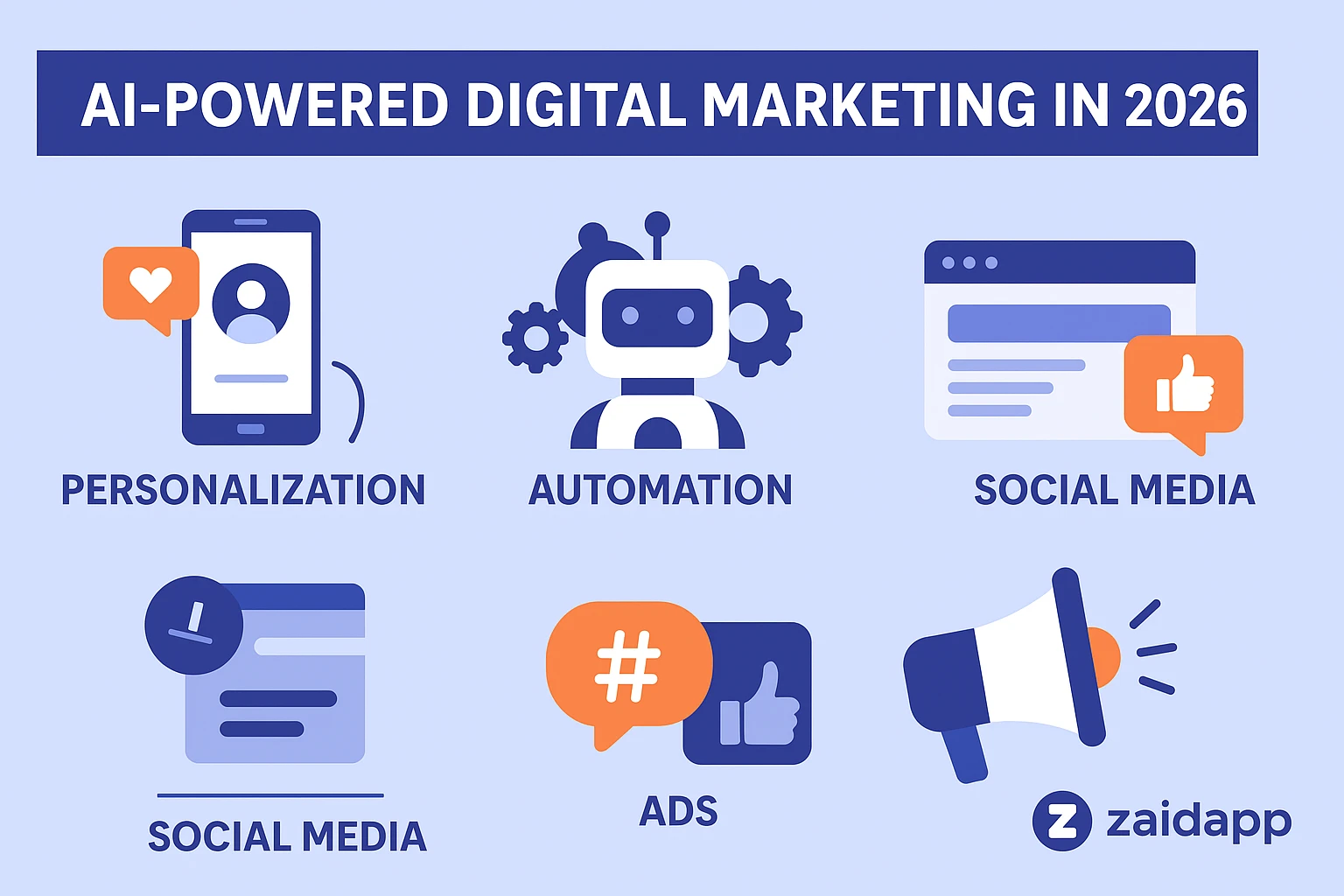Loading
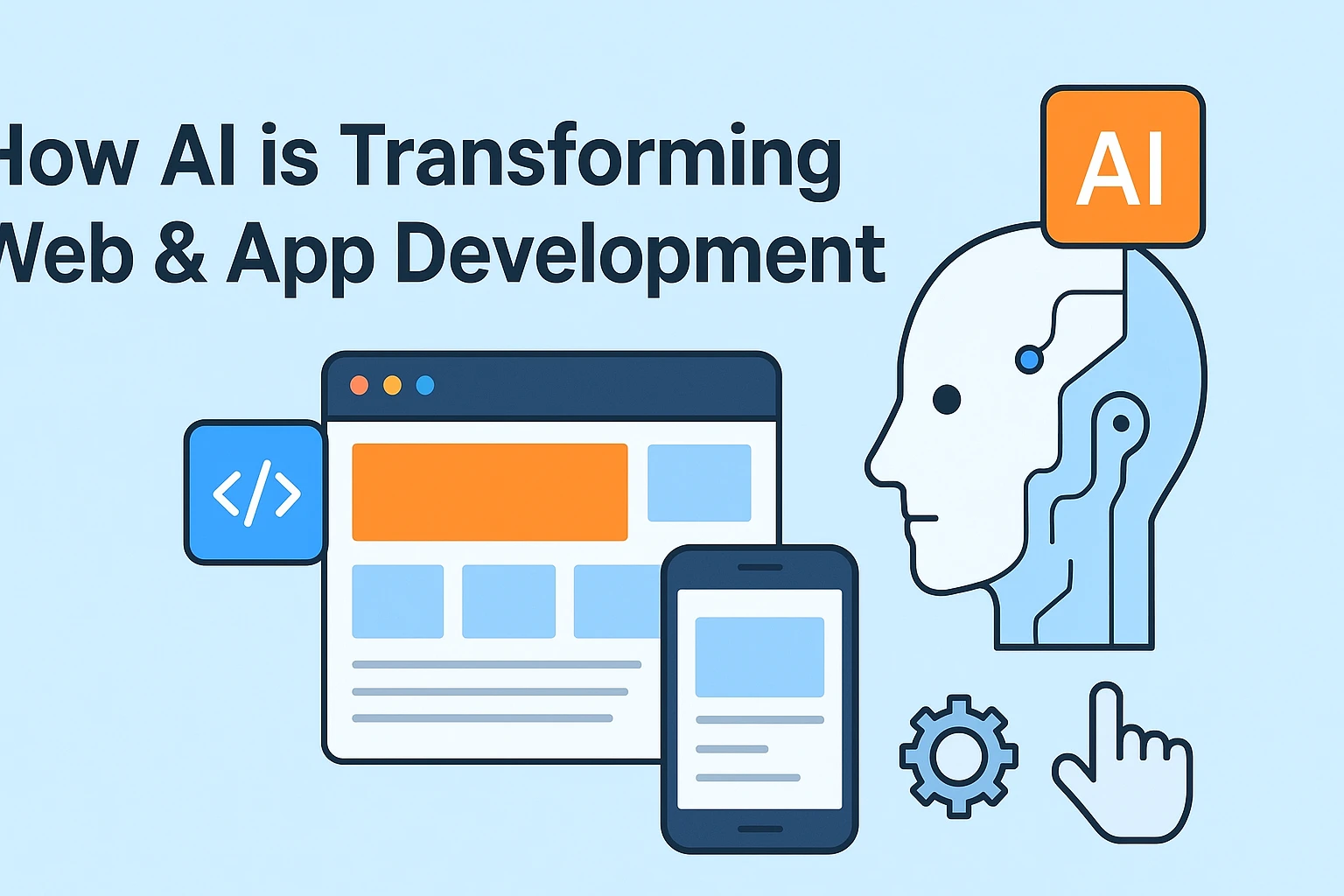
Artificial Intelligence (AI) is not just reshaping industries—it’s rewriting the rules of web and app development. From generating clean code to automating testing and enhancing user experiences, AI has become an indispensable partner for modern developers. The future of development is no longer about writing every line of code manually—it’s about collaborating intelligently with machines that learn, adapt, and innovate.
AI in web and app development refers to the use of machine learning (ML), natural language processing (NLP), and data-driven algorithms to streamline or automate coding, design, and optimization tasks. These technologies enable websites and apps to “think” and “learn” from user behavior, providing smarter and more dynamic experiences.
In traditional development, programmers manually build and test every component. With AI, the process becomes semi-automated—developers guide intelligent systems that can write, refactor, and test code themselves. The result? Faster, error-free builds and improved efficiency.
AI tools like GitHub Copilot, CodeWhisperer, and Tabnine analyze millions of code repositories to suggest or auto-complete snippets. They help developers reduce repetitive work and speed up the coding process by predicting what comes next.
AI ensures faster releases with tools like Testim and Applitools, which identify and fix bugs automatically. These tools “learn” from past issues, improving test accuracy with every project.
AI-driven analytics help websites personalize user interfaces in real-time. Think of Netflix’s recommendation engine or Amazon’s dynamic product suggestions—similar systems now enhance everyday web experiences through behavioral prediction.
Design tools like Adobe Sensei and Uizard use AI to generate layouts, color schemes, and design elements automatically. They optimize visual elements based on engagement metrics, ensuring user-centered design at scale.
AI predicts how users will interact with an app, allowing developers to tailor in-app experiences. This reduces churn rates and boosts retention through smarter engagement strategies.
Apps now integrate conversational AI systems like Dialogflow, ChatGPT, and Alexa Skills Kit to handle user queries, automate tasks, and create seamless voice-driven interactions.
AI identifies security anomalies in real time—spotting fraud attempts or unusual data access patterns before they escalate. It’s now essential for fintech, healthcare, and e-commerce apps.
Platforms like Bubble, Appian, and OutSystems are integrating AI to help non-developers build functional applications using natural language prompts, making development more accessible than ever.
AI shortens development cycles by automating repetitive coding, testing, and deployment tasks—saving both time and money.
AI-driven analytics inform UX design, content placement, and feature rollout strategies by analyzing real user data.
AI systems continuously learn from new user interactions, improving performance and refining algorithms automatically.
Tool | Use Case | AI Functionality |
|---|---|---|
GitHub Copilot | Code Writing | Predictive code suggestions |
Firebase ML Kit | Mobile Apps | Image recognition & ML APIs |
Adobe Sensei | Web Design | Intelligent automation & layout suggestions |
ChatGPT | App Integration | Natural language automation |
DeepCode | Code Review | Automated bug detection & insights |
AI models can unintentionally expose sensitive data or generate biased code if not carefully monitored.
While AI simplifies tasks, it demands new skills in prompt engineering, AI governance, and ML model understanding.
AI’s reliance on user data introduces risks under laws like GDPR and India’s DPDP Act, requiring transparent and compliant data handling.
Imagine AI agents that handle full-stack tasks—deploying, debugging, and scaling apps autonomously.
AI won’t replace developers—it’ll empower them. Expect “AI copilots” integrated into every IDE (Integrated Development Environment).
Future apps may detect and fix errors on their own, enhancing reliability and uptime without human intervention.
Artificial Intelligence is reshaping how developers create, optimize, and maintain digital experiences. From smart assistants and predictive analytics to AI-driven design and automation, AI is the new backbone of innovation in the web and app development ecosystem. Businesses and developers that embrace it early will lead the digital transformation of tomorrow.
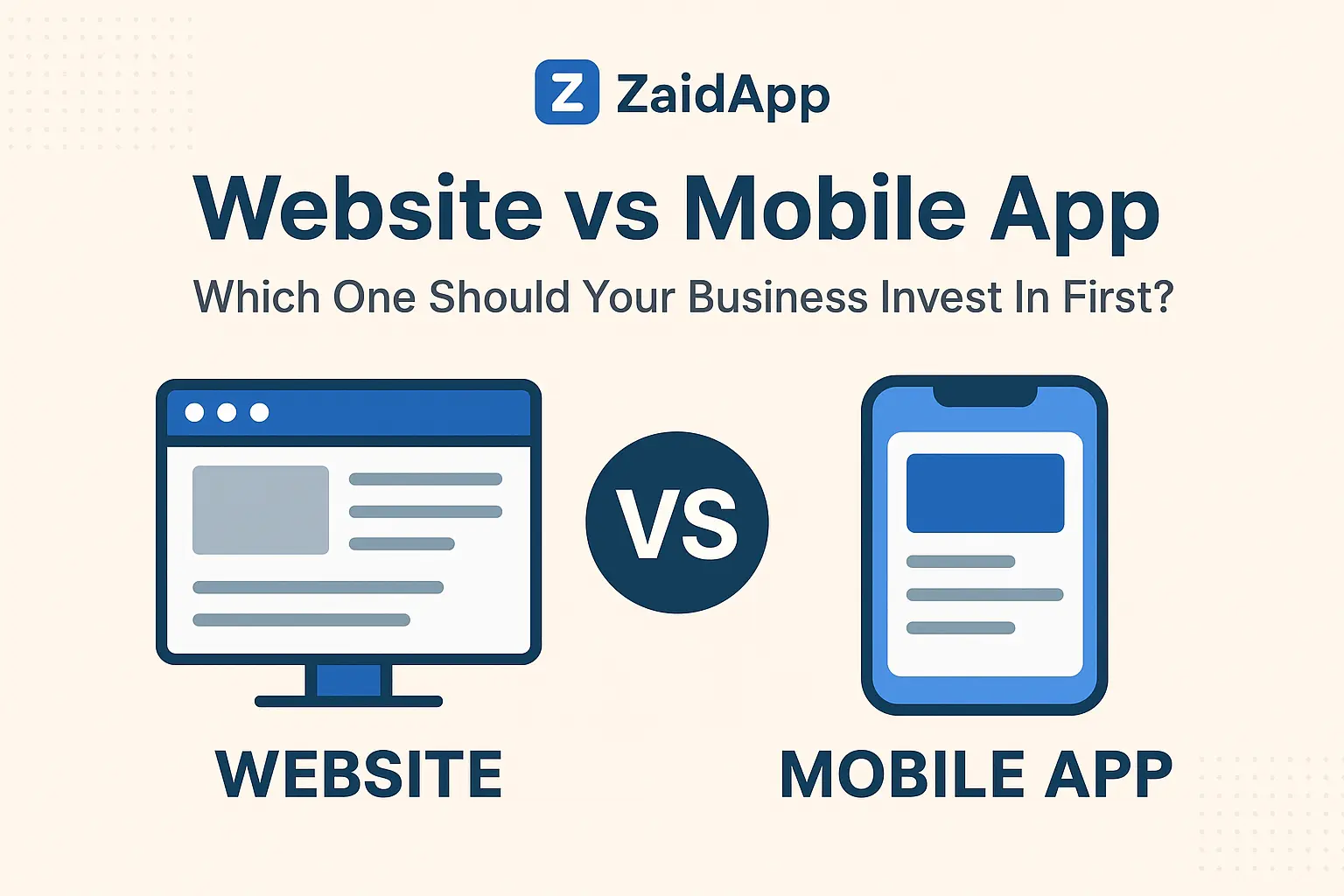 Previous Post
Previous PostDiscover whether a website or mobile app is the smarter first investment for your business. Compare costs, reach, and ROI to make the right choice.
 Next Post
Next PostExplore the top 10 UI/UX design trends of 2026 transforming digital experiences. Learn how AI, AR, and accessibility are redefining business design strategies.
No comments yet. Be the first to comment!
